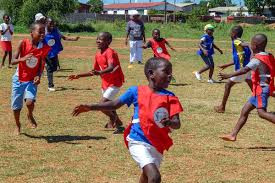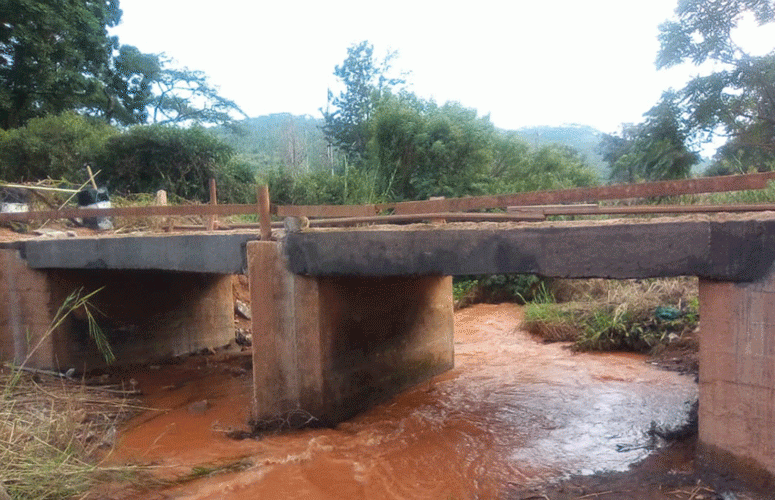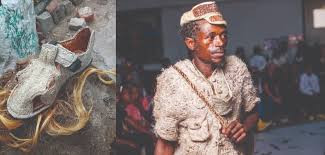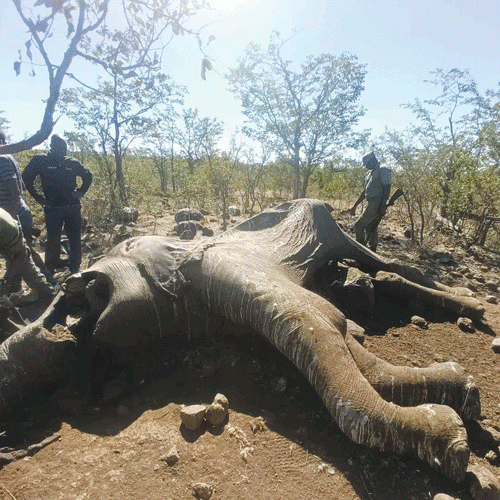
BY VANESSA GONYE/ LORRAINE MUROMO
HEALTH experts yesterday warned authorities to urgently deal with factors that have led to fresh cholera outbreaks in the country.
This comes after two cholera cases were last week recorded in Chegutu, 100 kilometres west of Harare, triggering fears that the waterborne disease might spread to the capital and other parts of the country if not curbed.
Neighbouring countries such as Malawi and Mozambique have already recorded cholera outbreaks.
Currently, many urban areas that include Harare, Chitungwiza and Gweru have been experiencing water and waste disposal challenges, forcing residents to rely on unsafe alternatives. Heavy rains currently falling in most towns have increased chances of waterborne disease outbreaks.
Key cholera symptoms include diarrhoea and dehydration, while shock and seizures may occur in severe cases.
Speaking to Newsday yesterday, a Chegutu council official who refused to be named said the current cholera cases in the town emanated from a Chinese-owned company, where five employees were complaining of similar symptoms after consuming fish bought from a street vendor.
This resulted in health officials running tests that confirmed the two cases.
- CCC cries foul as Chamisa is blocked
- Hesitancy slows Covid vaccination for children
- CCC cries foul as Chamisa is blocked
- Hesitancy slows Covid vaccination for children
Keep Reading
“No deaths or new cases have been recorded so far,” the official said.
In a communique, Health and Child Care ministry director for epidemiology and disease control Rudo Chikodzere urged members of the public to exercise caution to avoid cholera transmission.
“For prevention of cholera, people are advised to make sure they drink and use safe water and boil it at all times. Practise hygiene at all times including washing hands before eating, after visiting the toilet and desist from eating unhygienic-prepared food. Use proper latrines or other sanitation systems and cook food well, and keep it covered and eat it hot,” she said.
Community Working Group on Health executive director Itai Rusike warned that lack of clean water and unsafe disposal of waste will lead to more cholera cases. He said urban communities have gone for weeks or months without water, leaving them vulnerable to waterborne diseases.
“The country should seriously consider the cholera vaccination roll-out programme, especially to the hot-spot areas that are struggling to provide water and sanitation services. The cholera vaccine should remain a complementary measure, and not a replacement to water, sanitation and hygiene interventions,” Rusike said.
He added that in its cholera response, government should focus on education, information dissemination and awareness campaigns in communities.
President of the Medical and Dental Private Practitioners of Zimbabwe Association, Johannes Marisa said: “In terms of water and sanitation we remain with very big challenges. There is contamination of water sources as a result of poor sewer systems. There is massive pollution and this becomes a topical issue in cholera management. Our preparedness will depend on the availability of pure water.”
Medical practitioner Hamadziripi Dube said poor service delivery in cities would result in the spread of cholera.
The Zimbabwe Association of Doctors for Human Rights tweeted: “We have consistently made calls to the government to improve water and sewer infrastructure in the country so as to avoid outbreaks of waterborne diseases. Government must also support the healthcare sector so that every citizen enjoys the right to quality healthcare.”
Zimbabwe has experienced several cholera outbreaks, with the 2008 to 2009 pandemic recording 100 000 cases and over 4 000 deaths. In 2018-19, at least 10 000 cases and 69 deaths were recorded across 21 holera hotspot districts, with Harare being among the worst affected.











